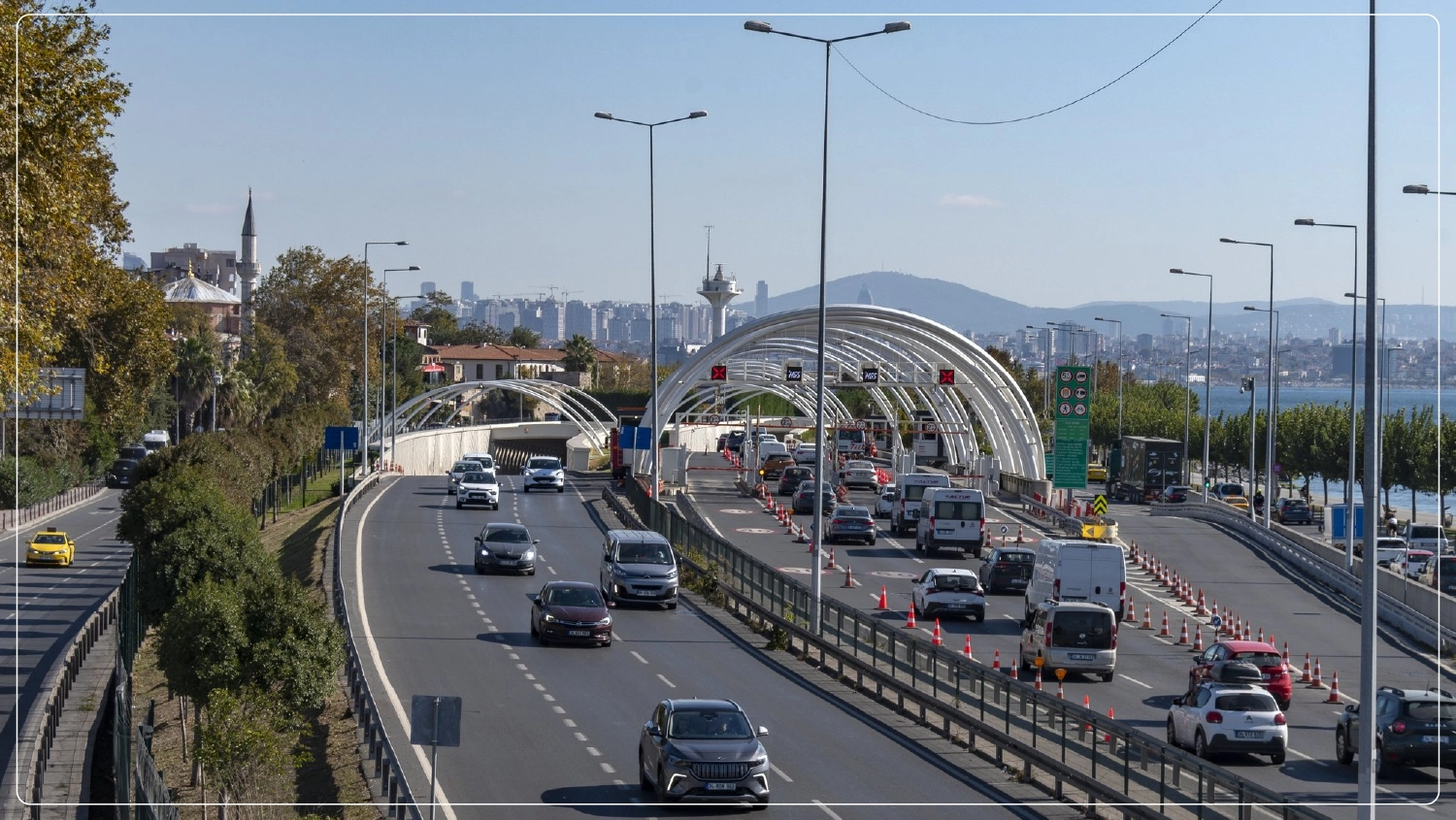April 2025
The Turkish automotive industry is ambitiously implementing green transformation, just like the European Union, to mark consistency in the competition and enhance its exponential capabilities. Further, the EU is heading forward with its industrial action plan in the auto sector, with its three large-scale cross-border tests and regulatory testing zones. It commercializes and increases the demand for self-driving cars. According to the Horizon Europe research program EU will arrange 1 billion euros ($1.1 billion) for the auto sector between 2025 and 2027. These funds are to encourage the production of zero-emission vehicles, open charging centers for heavy vehicles, and expand fundraising (financing) for charging infrastructure. To supporting recycling initiatives and battery production, in addition, $2 billion will be allocated.

With the help of strategic partnerships and free trade agreements EU gets access to critical minerals and initiates expansion to new markets. Currently, the investigation is in process to avoid a violation of the rules and detect unfair trade practices; if found, then tariffs will be charged on Chinese Electric Vehicles (EVs).
A chairperson of the Automotive Manufacturers Association of Turkey, Cengiz Eroldu, complemented the EU’s innovation and flexible move in decarbonization, and also the global presence in the competitive market, financially and structurally. Further, he mentioned the importance of green transformation for the Turkish auto sector, not only based on environmental concerns but also to adopt transitional change. Additionally, the Association’s members have already come into action by producing alternatives for fuel vehicles.
In one of the interviews with Anadolu Agency (AA), he highlighted his company's module, saying that to meet the needs of the domestic Turkish market industry is producing internal combustion engine technologies and battery electric to provide flexible multi-technology. The industry will enable export to several countries with listed regulations, selectively in Europe. He spotlighted how important it is for supply industries to appreciate and approach green transformation in exporting to empower sustainable growth of the auto ecosystem.
Additionally, Eroldu said the Turkish auto sector should focus on monitoring the EU’s recent measures against Chinese EVs, as there are chances of expansion due to these measures. He added that the export from Turkey to the EU is duty-free because of the customs union between the two bodies, which allows registration of Turkish auto exports with the European Community (EC) Certificate of Origin. After noticing inspection practices in addition to taxes for a certificate of origin, certain financial obligations might be imposed on products that are sourced from third countries. Eroldu emphasized in his statement that policies featured informed the manufacturer's investment plan in Turkey to the executive production system, ensuring Turkish-origin products.
April 2025
April 2025
April 2025
April 2025